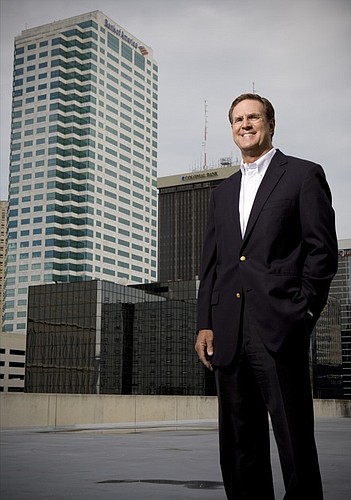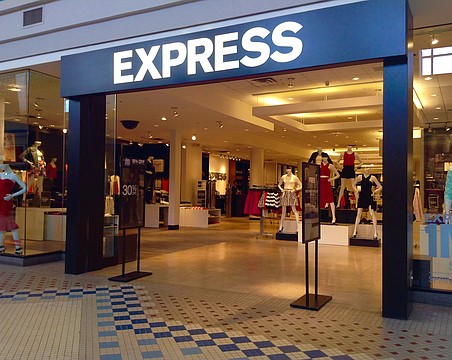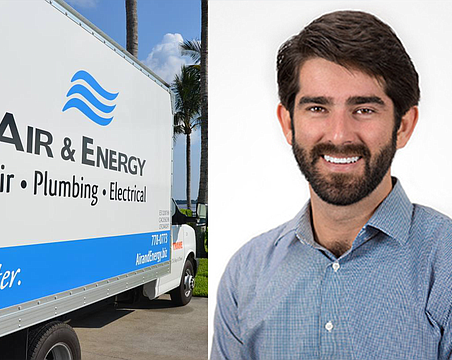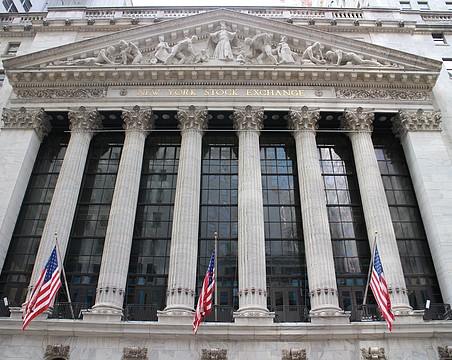REVIEW SUMMARY
Industry. Commercial real estate
Trend. Few land deals on the Gulf Coast
Key. Banks could be big sellers of land in the next few years.
In times such as these great fortunes have been made buying cheap land on Florida's Gulf Coast.
So why is so little dirt trading today?
After all, land prices have plummeted back to levels last seen in the late 1990s, before the speculative boom made a few shrewd investors spectacularly wealthy.
A few brave investors acquired land in 2007, only to see their investments fall further. “There's a sense that we're not at the bottom,” says Bill Eshenbaugh, a land broker in Tampa. “In a declining market, I don't want to look like a fool and get in too early.”
Meanwhile, sellers aren't eager to put their land on the market at distressed prices. Most notably, banks don't want to take hits to their capital ratios if they sell and write down the value of land they've foreclosed on.
The few land transactions that have occurred so far this year are for developed residential lots as builders target a few choice locations. For example, Minto Communities recently acquired land from WCI Communities for 1,000 homes at Sun City Center, the well-established retirement community south of Tampa (terms were not disclosed).
In another recent transaction, luxury homebuilder Toll Brothers acquired 122 acres in Bonita Springs from Colonial Homes for $7 million. “Maybe the story is that land prices for residential have bottomed out,” says Randy Thibaut, whose company, Land Solutions in Fort Myers, brokered the transaction.
In fact, Toll Brothers recently formed a subsidiary called Gibraltar Capital and Asset Management to acquire distressed land. “It's a way to leverage our balance sheet. We have capital,” says Kira McCarron, a Toll Brothers spokeswoman. McCarron says more details about the venture will be disclosed in a company conference call Aug. 25.
But commercial land for office buildings, warehouses and shops isn't selling because of the oversupply of vacant buildings already on the market. “An investor has to feel comfortable they will double their money in three to five years,” says Bruce Erhardt, a longtime land broker with Cushman & Wakefield in Tampa.
Uncertainty over the economic recovery, the lack of financing, the November elections, the impact of the Gulf's oil spill on tourism and bank failures will likely continue to keep a lid on land deals through the remainder of the year.
Long-term investors
One of the biggest variables holding down land sales is time. Investors wonder how long it will take for them to make a return commensurate with the risk they're taking on the land they buy today.
“If you're in it for the short tem in two to three years, you have a high likelihood of failure,” says Michael Moser, president of the east region of Starwood Land Ventures in Bradenton. “This could be a five- to 10-year workout.”
Funded by Greenwich, Conn.-based Starwood Capital Group Global, Moser says the firm has already made $100 million worth of residential land acquisitions. “In Lee and north of Lee through the Tampa market, there's plenty of deals out there still,” Moser says.
Because of the potential length of time it might take to get expected returns on land investments, investors are waiting for well-priced deals. “Most of the buyers out there are fairly disciplined,” Moser says. “They are not drastically overpaying.”
Michael Belmont, executive vice president with Minto, says he expects it will take six to seven years to sell out of the Sun City investment. “We bought the property correctly, so we're not in a hurry to dispose of it,” he says.
Other investors on the Gulf Coast have been seeking out lots in well-located residential communities. “There's an awful lot of competition right now because there's a lot of capital out there,” Belmont says.
These investors include Jacksonville-based GreenPointe Communities and Tampa-based Kolter Land Partners, as well as a handful of builders.
In the spring, GreenPointe acquired two large tracts in Riverview, near Tampa. It bought 932 acres in the Belmont community for $13.25 million and 1,038 acres for $14.75 million in the Triple Creek community.
Further south, in Fort Myers, Kolter bought 63 lots at Sandoval in Cape Coral for $1.4 million and London Bay Homes acquired 86 home sites at The Founders Club east of Interstate 75 in Sarasota for an undisclosed sum.
“Developers are starting to position themselves for new development based on the fact that maybe we've got a few more years of inventory of finished lots,” says Thibaut. “I think the commercial market has a lot further to go.” As a general rule, commercial development for offices, warehouses and shops takes place a year or two after its residential cousin.
Cushman's Erhardt says it's difficult for commercial developers to forecast when that market will return. For example, suburban and downtown office buildings are about 20% empty, rents have fallen and job creation is anemic. Erhardt says conversations with developers of commercial buildings usually end this way: “The investor says to me: 'When am I going to build a building?'”
The uncertainty is compounded by the elections in the fall, future tax rates and the sustainability of the economic recovery. “They need a dose of assurance that capitalism is still going to work,” says Thibaut.
Banks will sell
In some areas of the Gulf Coast, there's so little activity that investors are trading their land for other assets. “I don't know anybody who's making a living selling land,” says Ted Stout with Sunshine Realty Services in Punta Gorda.
Stout says he traded some commercial land he owned near the Punta Gorda airport for a condo in Tampa so he could cash out. “A condo is easier to sell than land,” Stout says. “There's almost a bartering system that has developed.”
Investors with cash and companies that intend to use the land are the only prospective buyers. “The problem is you can't get financing for the land,” Stout says.
In fact, brokers forecast that banks themselves will be big sellers of land because they're just starting to unload tracts they've acquired through foreclosure. “We're going to see more transactions, partly because lenders are in possession of a lot more property and there's regulator pressure to move this stuff off the shelves,” Eshenbaugh says.
Banks are boosting their capital reserves so that selling land won't sink them. “Very few have a long-term strategy to hold because you've got to maintain these properties,” says Erhardt. “It costs money to hold.”
If the banks don't sell, regulators will when they take over the ones that fail and sell off property nobody wants. The challenge is that loss-share agreements the Federal Deposit Insurance Corp. has signed with acquiring banks don't require the new banks to dispose of the assets right away. In some cases, they have as long as five to 10 years to take the loss.
Ultimately, though, buyers and sellers will narrow the gap that exists today. “Everything will eventually have a price,” Erhardt says.






